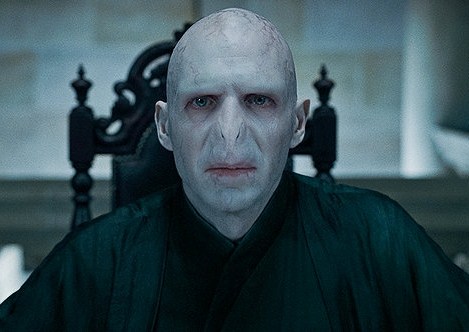
posted by Simon Kemp
Since we’re doing the classics, let’s have a classic of French cinema. Rated among the top four greatest movies of all time by the British Film Institute, and thoroughly deserving of its reputation, is Jean Renoir’s The Rules of the Game. It’s an upstairs-downstairs story of aristos and servants in a country manor, and if it seems a little familiar when you watch it, that will be because it was Julian Fellowes’s inspiration for his Gosford Park and Downton Abbey, but miles better than either of them. Part bed-hopping farce, part looming tragedy, it is, if you will, a fargedy. Renoir based the film on an old French comedy, but filmed it in 1939, as the approach of the Second World War became ever more inevitable. He described it as his attempt to film a society dancing on a volcano, and there is a palpable sense of doom behind the increasingly frenetic comedy among a group of people whose way of life is about to be swept away forever.
If you’ve never watched a classic film like this before, then you’ll have to make a few allowances for its age. It’s black and white, and while a remastered edition exists, image and sound are obviously not going to be as sharp as in a modern film. It also requires a bit more concentration at the start to get to grips with the cast than you might expect in a more recent movie. As in Downton Abbey, there’s a large number of characters above and below stairs. At the centre are Robert, the philandering Marquis de la Chesnaye, and his wife, Christine. Robert is having an affair with Geneviève, but wants to break off the affair to give his relationship with Christine another try. Christine is not actually having an affair with her friend André the aviator, but everyone thinks she must be, after he declares his feelings for her on national radio in the first scene of the film. When Robert and Christine invite their friends, lovers, would-be lovers and hangers-on to a lavish hunting-party at their country estate, tensions are already simmering between many of the characters. And that’s before Christine’s maid, Lisette, wife of the trigger-happy game-keeper, takes a shine to the roguish poacher, Marceau (you’ll like him), whom Robert rashly offers a job among the servants.
After the shooting party, there is champagne and dancing, but the music is getting faster, events are spinning out of control, and someone in the ballroom has a gun. Things are definitely not going to end well…
One other thing: look out for André’s friend Octave, chief among the hangers-on, who knows everyone and sees everything, while always staying on the outside. (As a character, he’s a little like Nick Carraway, the narrator of The Great Gatsby.) He’s the one giving the little speech about the ‘rules’ in the trailer above. It’s worth noting that he’s played by the director, Jean Renoir himself.
















